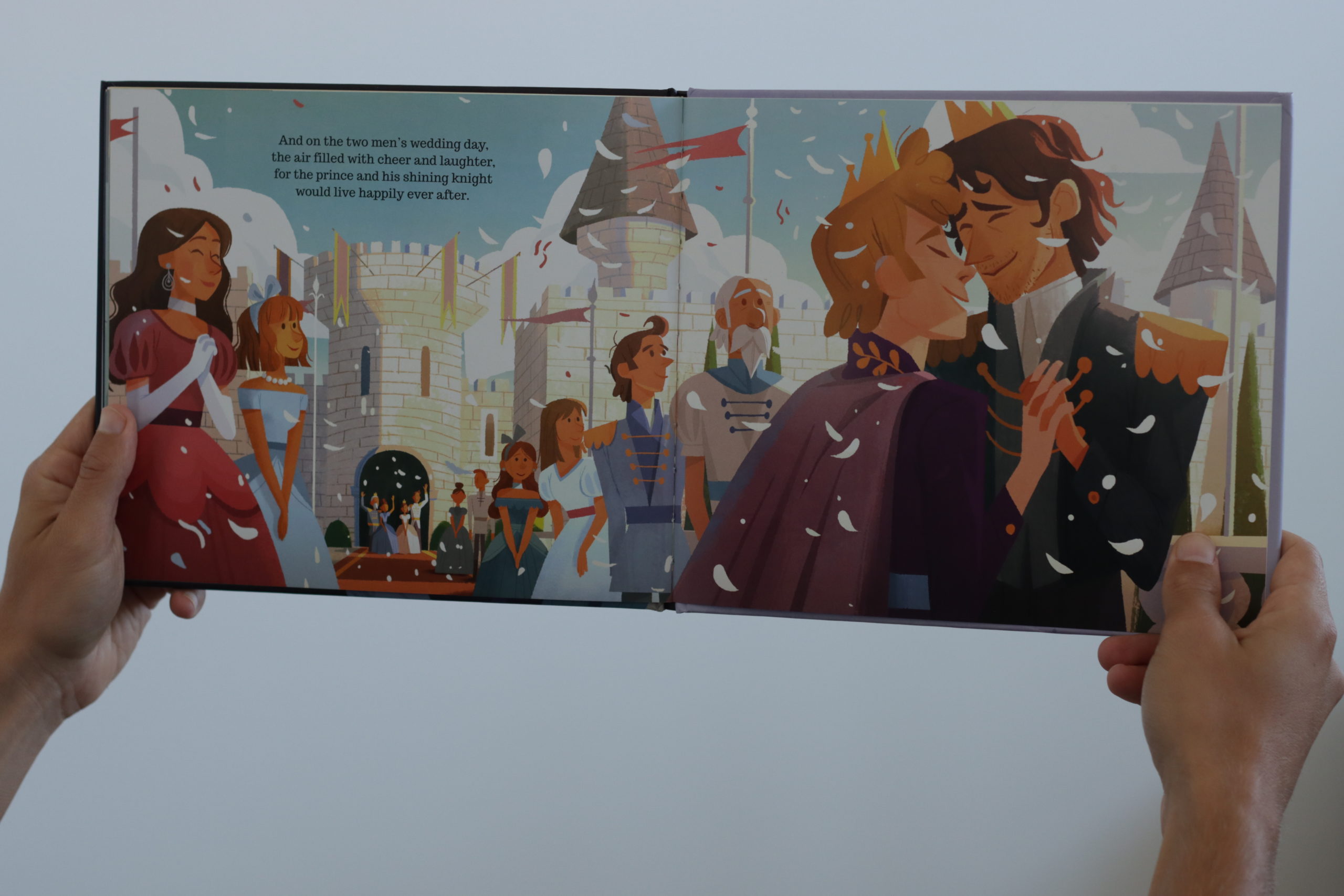
"I have a girl brain, but a boy body"
Publications promoting various teachings of gender ideology can be found in school libraries across the country filed under the headings of "diversity", "anti-bullying" and "inclusion". However, the presence of storybooks on LGBTQ topics in schools is harming, not helping children, a researcher points out, adding that studies have shown that exposing children to sexual content at an early age can be detrimental to their mental health. Parents are advised to find out what their kids are being taught in school.
“Children are being increasingly targeted with sexual content in schools under the guise of ‘comprehensive sexuality education’ or ‘inclusivity’,” warns a researcher for The Heritage Foundation, a conservative think tank. Jared Eckert said that
research shows that early exposure to sexual content is linked to poor mental health and risky sexual behaviour,
writes The Daily Signal (the news outlet of the organisation).
Experts draw attention to the fact that children are also being sensitised through woke books on an array of LGBTQ topics, and gender ideology is gradually infiltrating schools through the propaganda contained in these storybooks.
The Daily Signal presents several of these books.
„I Am Jazz” was one of the very first such publications to enter school libraries and curricula. The book is about Jazz, a trans girl, who was born a boy but has identified as a girl since a very young age.
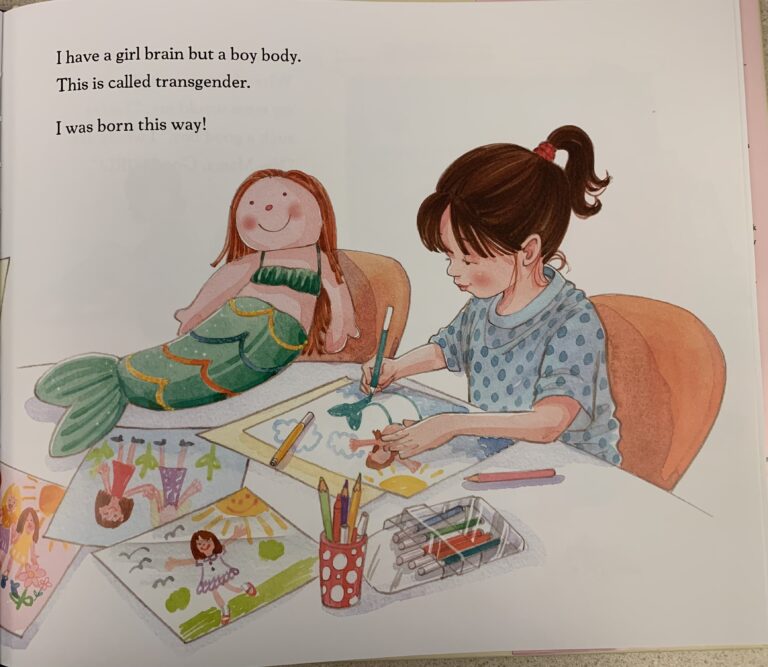
The book presents transgenderism to kids in simple sentences like “I have a girl brain but a boy body. This is called transgender. I was born this way!”
The book is based on a true story. It is authored by Jessica Herthel, an advocate for transgender rights, and Jazz Jennings herself, whose story the book tells. Jazz Jennings also starred in the reality series produced by the TLC television channel.
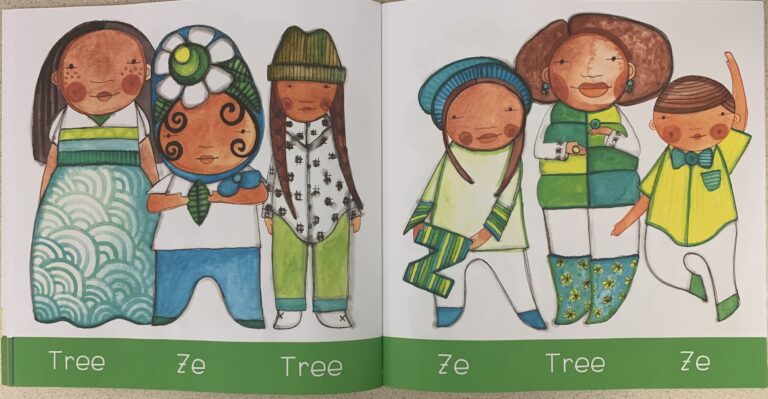
The book titled “They She He Me: Free to Be!” teaches kids that there are more pronouns than just “she” and “he” to refer to a person and that there are not only boys and girls in the world, but there are also those who are gender neutral.
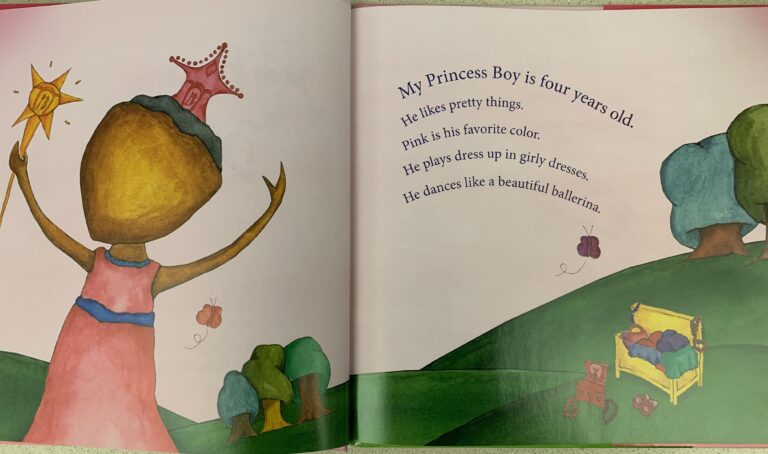
The colourful pink pages of “My Princess Boy” tell the story of a 4-year-old boy who likes to play “dress up in girly dresses” and “dances like a beautiful ballerina”.
Kids can also read about the romance of the prince and the knight in the reworked version of the classic fairy tale, or about the story of two male penguins in love with each other in another book.
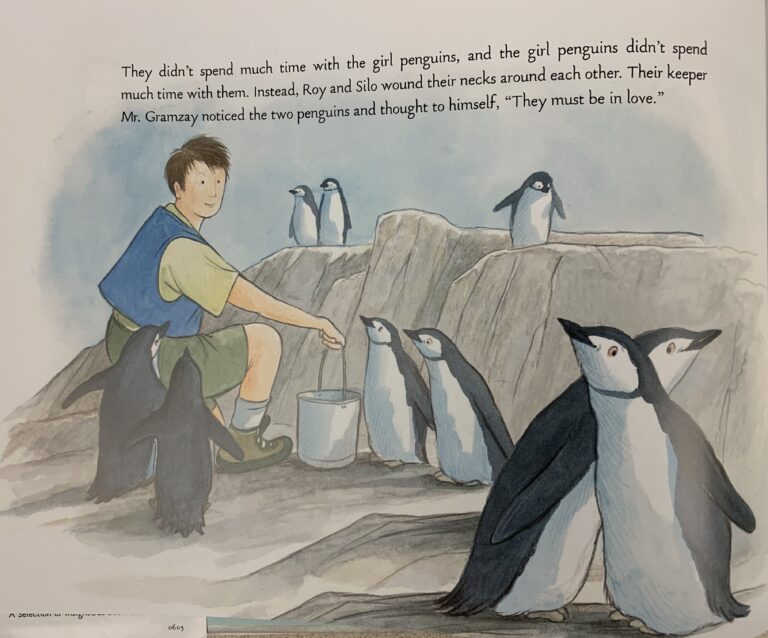
The lack of biological basis has been obvious in these books, but it is still surprising when sensitisation reaches the level of pairing mammals with birds, as in the storybook “Neither”.
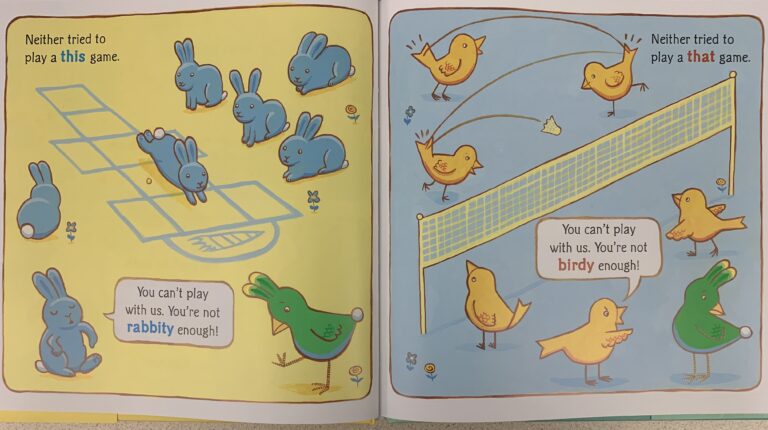
Obviously, the book is supposed to present sexual diversity, but instead it just confuses children into thinking that a bunny and a bird could produce offspring. Even with a minimal knowledge of biology, the propagandists should know that that is impossible. Only in rare instances do even different mammals – such as the horse and donkey producing a mule – does the mating of different species produce offspring.
In another storybook, “Who are you?”, children come across a spinning wheel on which they can set their body type, their identity (e.g. “sometimes a girl, sometimes a boy”) and what they like to do.
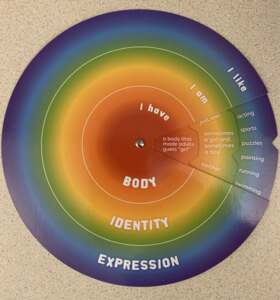
Researcher Jared Eckert says that in addition to conveying sexual messages to children, these books also raise serious mental health concerns.
Studies show that if children are exposed to sexual content at a young age,
it can cause poor mental health, risky sexual behaviour or even addiction to pornography in adulthood.
Even if children do not fully understand what they are seeing or hearing, the messages are stored and shape them, Eckert says, adding that including or promoting such books in schools does not help children, but harms them.
One California teacher, Brenda Lebsack, who was a former board member of her school district, faces the problem every day. She encourages parents to find out what kind of books with sexual content are available in their children’s school library, which publications are used in classes and what kind of lessons on sexual identity are planned.
Ms Lebsack pointed out that
under the headings ‘diversity’, ‘anti-bullying’ and ‘inclusivity’, books promoting gender ideology can be found on public library shelves across the country, confusing children about their own gender.
If parents are informed, they can counter the far-left narrative, and by joining together with other parents, they can speak out against it at Parent-Teacher and public school board meetings.
Parents having to become involved is very much warranted as in recent months there have been numerous cases of schools sensitising children without their parents’ knowledge.

